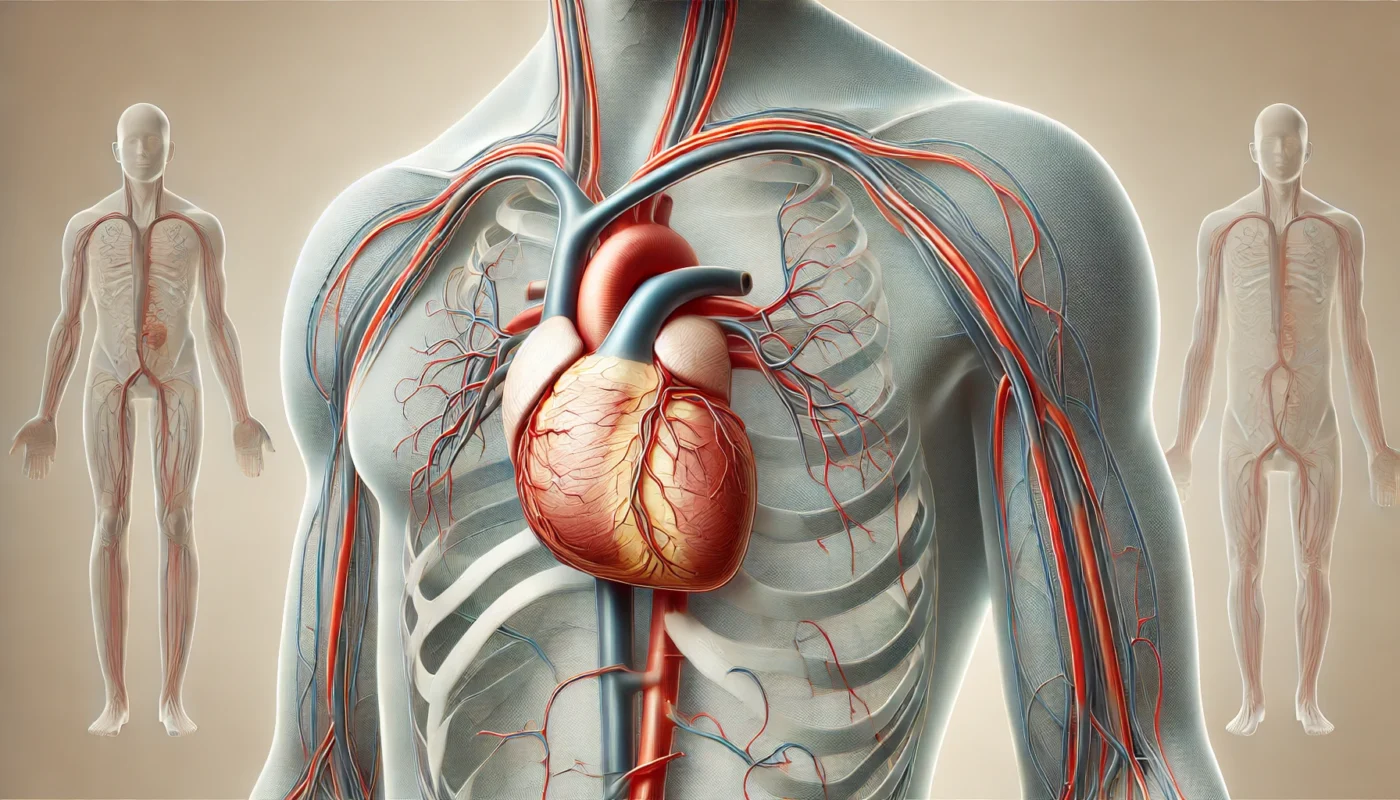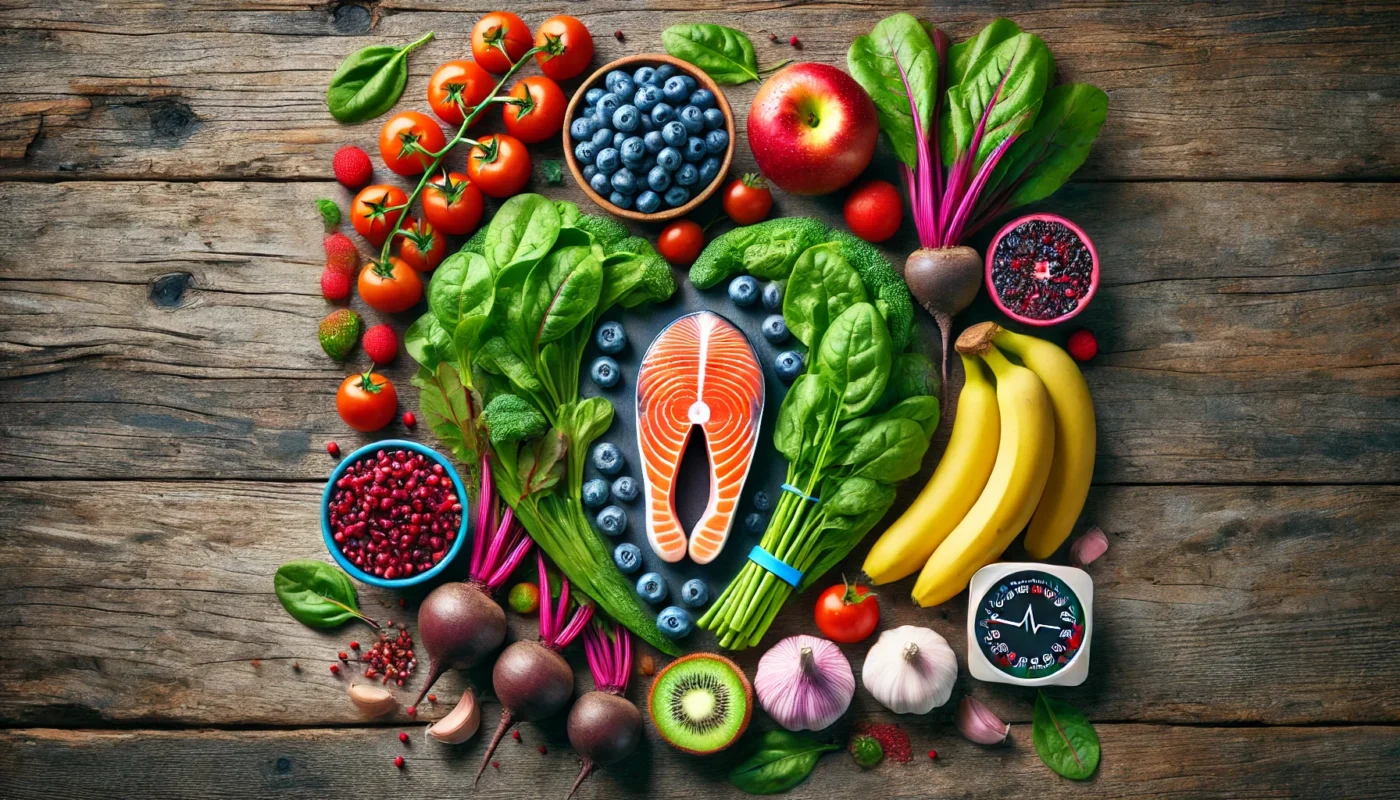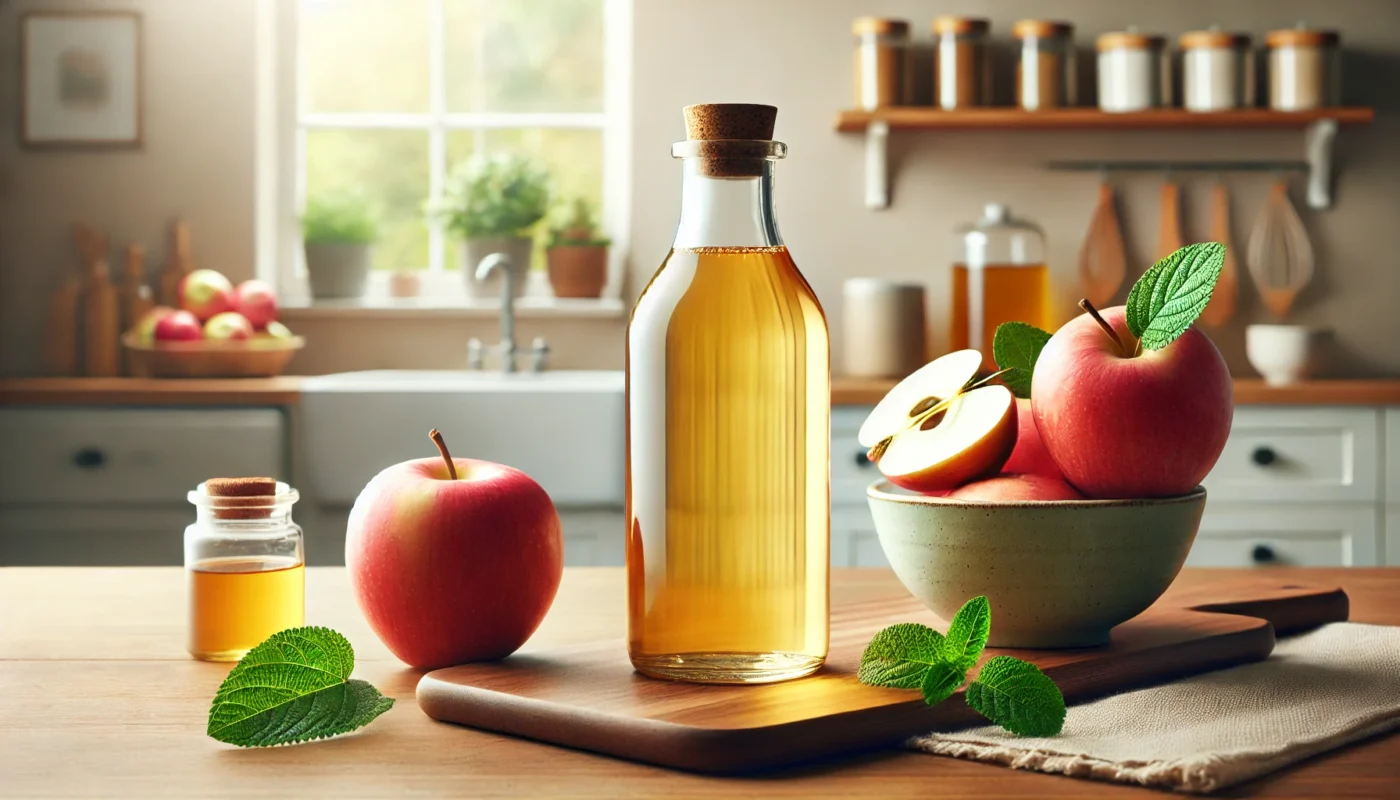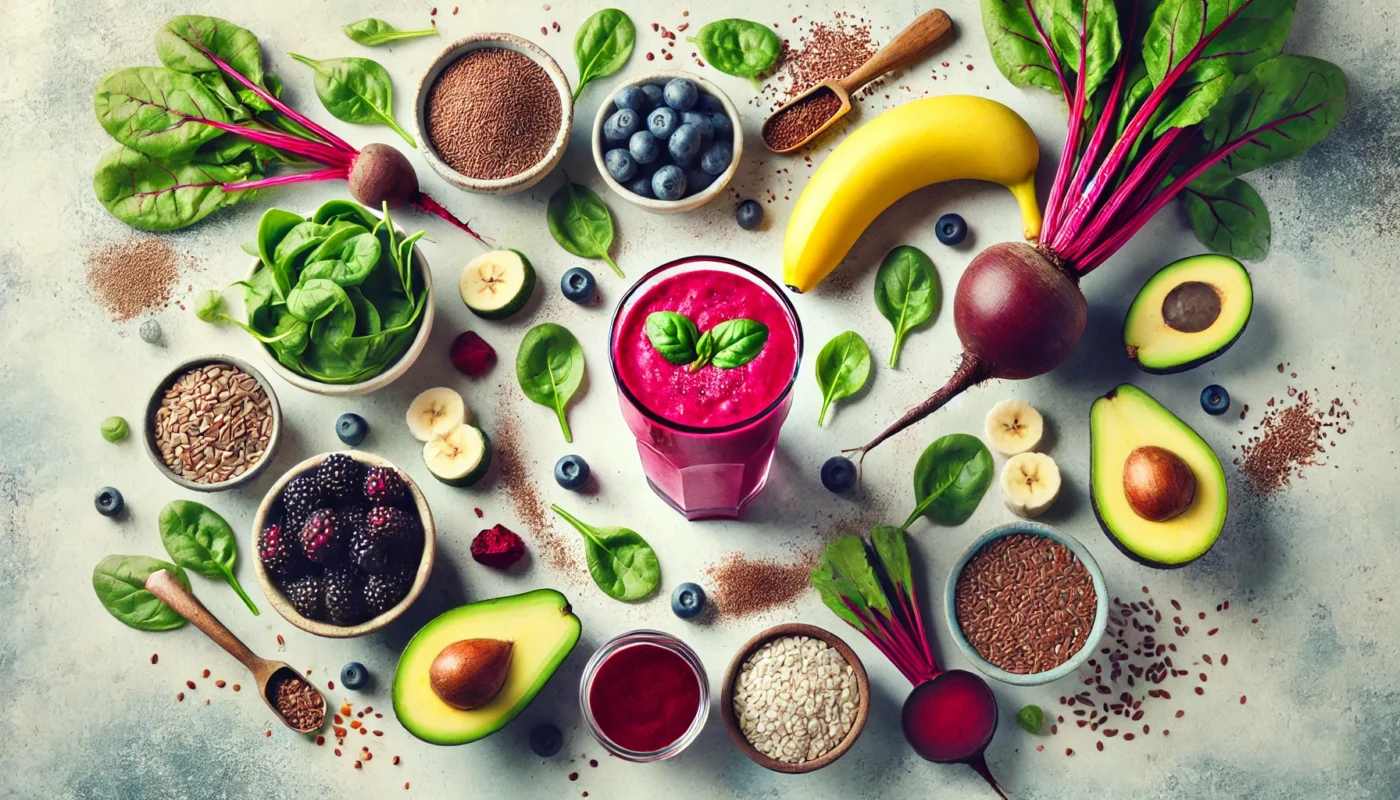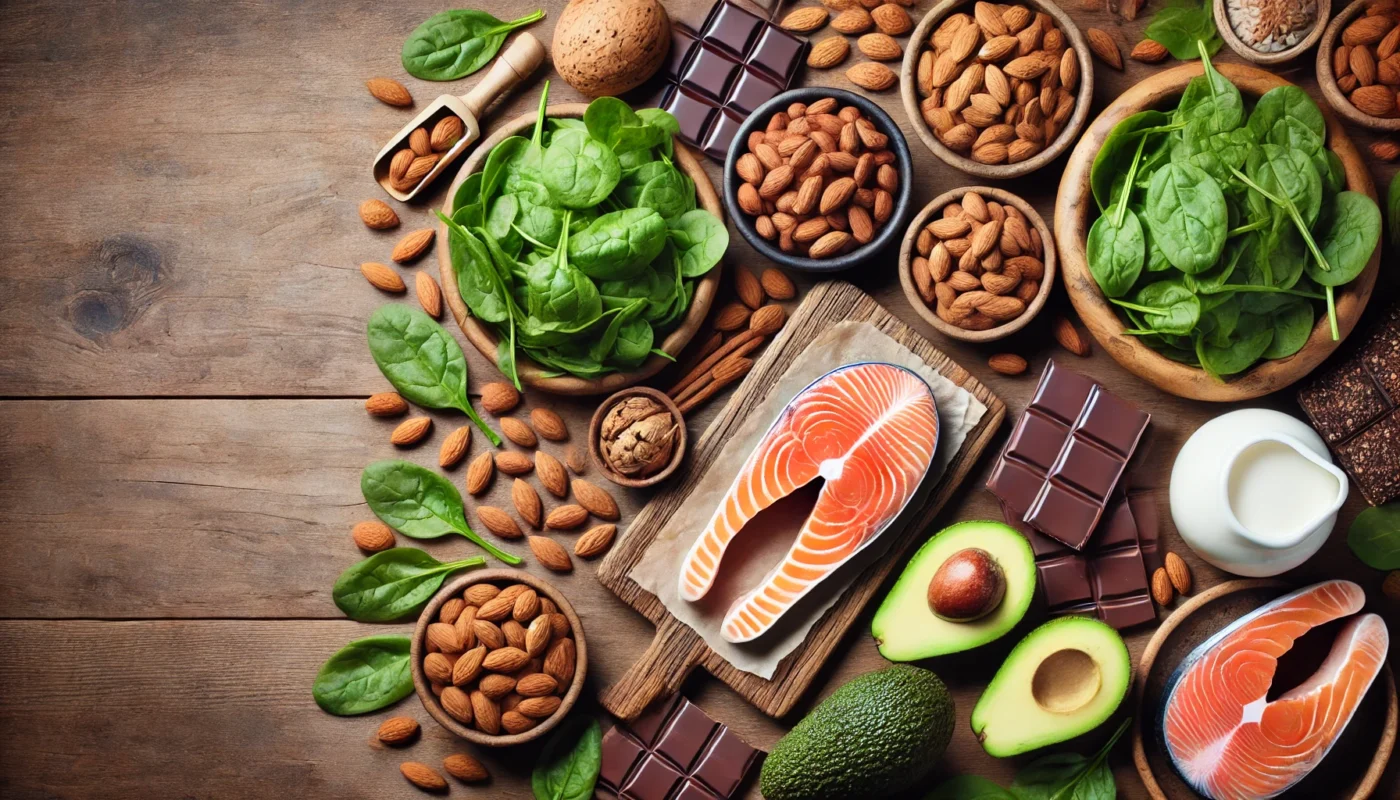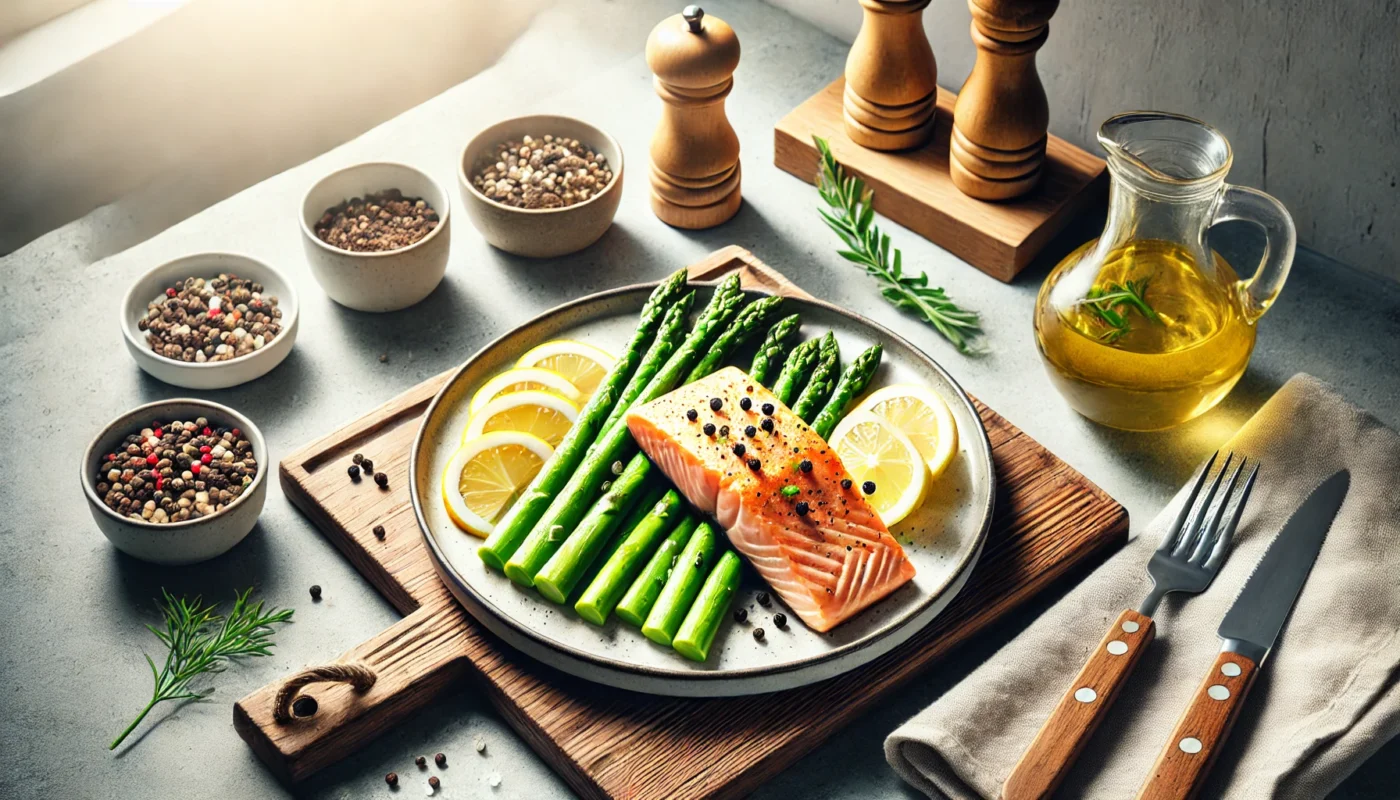Hypertension, or high blood pressure, is a silent yet powerful force in the development of heart disease, which remains the leading cause of death worldwide. According to the World Health Organization (WHO), over 1.28 billion adults globally suffer from hypertension, with only one in five having it under control. Characterized by sustained elevated blood pressure of 130/80 mmHg or higher, hypertension imposes stress on the cardiovascular system, damaging arteries and overworking the heart. This article explores the connection between hypertension and heart disease, the mechanisms that exacerbate cardiovascular risk, and practical strategies to protect your heart.
Tag Archives: DASH Diet
Hypertension, commonly known as high blood pressure, affects nearly half of the global adult population, making it one of the most prevalent chronic conditions worldwide. Defined as blood pressure consistently at or above 130/80 mmHg, hypertension is a leading risk factor for heart disease, stroke, and kidney failure. While medications and lifestyle changes like diet and exercise are the cornerstone of hypertension management, natural remedies, including herbal supplements, essential oils, and other alternative approaches, have gained significant interest. This article provides a fact-based review of natural remedies for hypertension, exploring their effectiveness, scientific support, and potential limitations.
Hypertension, or high blood pressure, is a prevalent and serious health condition affecting over 1.28 billion people globally, according to the World Health Organization (WHO). Characterized by persistently elevated blood pressure levels of 130/80 mmHg or higher, hypertension increases the risk of cardiovascular diseases, kidney failure, and stroke. While medication is often prescribed to manage the condition, many individuals can make significant improvements by adopting healthier daily habits. This article explores evidence-based routines that can help lower blood pressure naturally and support long-term cardiovascular health.
Hypertension, or high blood pressure, is a prevalent chronic condition that affects nearly half of the global adult population. According to the World Health Organization (WHO), hypertension is a significant risk factor for cardiovascular disease, kidney damage, and stroke. While medications are often necessary for managing high blood pressure, dietary interventions are an essential part of prevention and treatment. Superfoods—nutrient-dense, health-promoting foods—offer a natural and effective way to support heart health. This article highlights the best superfoods for hypertension, their scientific benefits, and how to incorporate them into your diet.
Hypertension, commonly referred to as high blood pressure, is a widespread health concern affecting nearly half of adults worldwide. It significantly increases the risk of heart disease, stroke, and kidney failure, making its management a critical public health priority. Among the various natural remedies touted for hypertension, apple cider vinegar (ACV) has gained attention for its potential blood pressure-lowering properties. While ACV is widely known for its digestive and weight loss benefits, its role in managing hypertension remains a subject of interest and debate. This article offers a balanced analysis of the scientific evidence surrounding ACV and its potential impact on blood pressure control.
Hypertension, or high blood pressure, is one of the leading preventable causes of heart disease and stroke, affecting nearly half of all adults worldwide. As researchers continue to investigate lifestyle factors influencing blood pressure, dietary habits have emerged as a key component of hypertension management. Among these, the role of dairy products—often considered both nutritious and controversial—has gained significant attention. While dairy is a rich source of essential nutrients like calcium, potassium, and magnesium, which are known to benefit heart health, concerns about its fat content and potential adverse effects linger.
Hypertension, or high blood pressure, affects nearly half of adults worldwide and is a leading cause of cardiovascular disease, stroke, and kidney damage. Managing hypertension often involves a combination of lifestyle changes, such as regular exercise, stress reduction, and a heart-healthy diet. Among dietary approaches, smoothies have emerged as an effective and enjoyable way to incorporate nutrient-rich ingredients that support blood pressure regulation. This article delves into the science-backed smoothie ingredients that can help lower hypertension, offering practical advice on how to craft heart-healthy blends.
Hypertension, or high blood pressure, is a prevalent chronic condition that affects over 1.28 billion adults worldwide, according to the World Health Organization (WHO). It is a significant risk factor for heart disease, stroke, and kidney failure, yet often goes unnoticed until complications arise. Among the many strategies for managing hypertension, magnesium intake has emerged as a critical, though sometimes overlooked, component. Magnesium, an essential mineral involved in numerous bodily functions, has been shown to play a vital role in regulating blood pressure. This article delves into the science behind magnesium’s role in hypertension, explains why magnesium-rich foods are beneficial, and provides practical tips for incorporating this nutrient into your diet.
Hypertension, or high blood pressure, is a global health challenge affecting nearly half of the adult population, according to the World Health Organization (WHO). Managing hypertension is essential to reducing the risk of cardiovascular disease, stroke, and kidney damage. Diet plays a crucial role in regulating blood pressure, and in recent years, low-carbohydrate diets, including ketogenic (keto) eating patterns, have gained popularity for weight loss and metabolic health. However, their impact on hypertension remains a topic of debate. This article examines the relationship between low-carb diets and blood pressure, exploring whether these eating patterns help or hurt individuals managing hypertension.
Hypertension, or high blood pressure, is a silent yet prevalent health condition that affects over 1.28 billion adults worldwide, according to the World Health Organization (WHO). As a leading cause of cardiovascular diseases, stroke, and kidney failure, managing hypertension is a global health priority. Among various lifestyle interventions, the Mediterranean diet has emerged as a highly effective and sustainable strategy for controlling blood pressure and promoting overall heart health. Inspired by the traditional eating habits of countries bordering the Mediterranean Sea, this diet emphasizes whole, nutrient-rich foods and has been extensively studied for its cardiovascular benefits. This article explores why the Mediterranean diet is an excellent choice for managing hypertension and how it can be incorporated into daily life.
- 1
- 2

